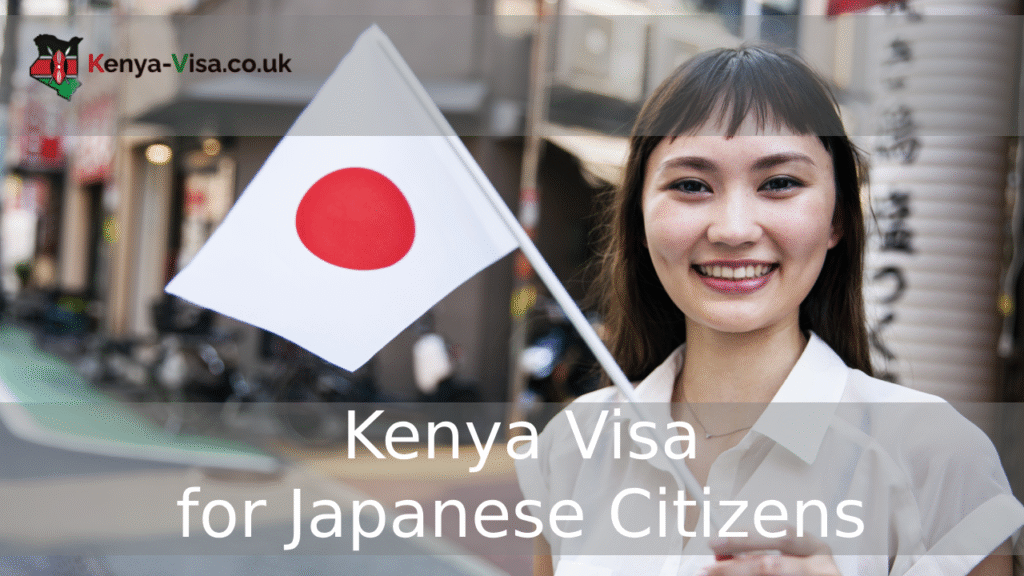Understanding vaccination requirements in Kenya is a critical step before going on your trip.
For many travelers, particularly those coming from areas with a risk of yellow fever, specific health documentation is essential for a smooth visa process.
Kenya’s vaccination regulations also include what to expect at border control and how to comply with Kenyan immigration criteria.
It is highly recommended to consult with a healthcare professional well in advance of your travel to Kenya to ensure all necessary vaccinations are up-to-date.
Why Vaccination Rules Matter for Kenya Travel
Kenya’s vaccination rules are based on safeguarding public health, particularly from life-threatening diseases such as yellow fever.
The country’s entry policies are influenced by the World Health Organization (WHO), which regularly updates its list of yellow fever risk regions.
Travelers who miss this crucial information risk being denied entry, facing unexpected delays, or worse, putting themselves and others at health risk.
Understanding these rules ahead of your trip to Kenya is essential for a stress-free visit.
Getting to Know the Kenya Visa Types
It’s helpful to understand the types of visas that Kenya offers. Whether you’re traveling for tourism, business, study, transit, or employment, ensuring compliance with health and documentation requirements applies universally.
Common Kenya visa types:
- ETA (Electronic Travel Authorization): Primarily for tourists, this is a quick and straightforward option.
- East Africa Tourist Visa: If you plan to visit multiple East African nations, this multi-country visa is a great pick.
- Work Permit: Meant for professionals working in Kenya.
- Study Pass: Ideal for those attending educational institutions.
Regardless of the type, travelers arriving from certain areas may be required to provide additional health documentation to have a smooth immigration process.
What Is a Yellow Fever Vaccination Certificate
The yellow fever vaccination certificate is an official document that verifies a traveler has received the yellow fever vaccine.

It’s recognized internationally and issued by a licensed medical institution, either in paper or digital format.
According to the WHO, the certificate is valid for a lifetime, meaning you won’t need a booster dose to maintain compliance.
Travelers must provide this document if they are arriving from a country classified by WHO as a yellow fever risk zone. Without it, entry into Kenya may be denied.
Key Features of the Certificate:
- Valid for life (as per WHO guidelines)
- Must be issued by a recognized medical institution
- Can be in physical or digital form, depending on your country of origin
Who Needs a Yellow Fever Vaccination Certificate
 The requirement to present a yellow fever vaccination certificate depends on several factors, including your country of origin, any transit stops, and general WHO guidelines.
The requirement to present a yellow fever vaccination certificate depends on several factors, including your country of origin, any transit stops, and general WHO guidelines.
Those traveling directly from or transiting through risk areas, as determined by WHO, and nationalities from countries where yellow fever is prevalent are affected.
Those arriving from countries not classified as yellow fever risk zones are exempt.
Also, transit passengers who do not leave the airport premises in Kenya don’t need the certificate.
It is essential to consult the most recent WHO list of yellow fever risk countries to determine whether you fall into the “required” category.
Common yellow fever risk regions:
- Africa (e.g., Uganda, Nigeria, Ghana)
- South America (e.g., Brazil, Colombia, Peru)
If you’re unsure whether your country is on the list, consult your doctor or the WHO’s resources before planning your trip to Kenya.
What to Expect at Kenya Border Control
Kenya Immigration Services enforces vaccination policies at its air, sea, and land borders. Vaccination checks typically occur at arrival rather than during your eTA or visa application process.
Step-by-step at arrival:
- Passport and visa check: Present your eTA or visa document.
- Vaccination certificate check: If applicable, your yellow fever vaccine certificate will be requested.
- Health inspection (if necessary): Travelers without the proper documentation may undergo additional tests.
TIP: Carry your vaccination certificate in your hand luggage for easier access.
If you fail to provide proof of vaccination when required, you risk being quarantined or denied entry into Kenya.
What If You Don’t Have a Yellow Fever Vaccination Certificate
Not having a required vaccination certificate can lead to complications. Depending on the circumstances, you may:
- Be subjected to quarantine for a specified period.
- Be denied entry altogether.
However, exemptions are possible for individuals with medical conditions that prevent vaccination.
A certified medical exemption letter may be required in such cases, though this can delay your entry process.
Additional Vaccines to Consider Before Visiting Kenya
 While the yellow fever vaccine is mandatory for travelers entering Kenya from certain countries, other vaccinations are highly recommended to keep you safe during your trip:
While the yellow fever vaccine is mandatory for travelers entering Kenya from certain countries, other vaccinations are highly recommended to keep you safe during your trip:
- Malaria Prophylaxis: Malaria is common in many regions of Kenya, especially in rural and coastal areas. Speak to your healthcare provider about the best preventive medication for you, and remember to use mosquito repellents, wear long-sleeved clothing, and sleep under treated mosquito nets to reduce the risk of bites.
- Typhoid Vaccine: It protects against typhoid fever, which can be contracted through contaminated food or water. It is particularly important for travelers planning to eat street food or visit areas with limited access to clean drinking water.
- Hepatitis A & B Vaccines: Hepatitis A is spread through contaminated food or water, while Hepatitis B is contracted through blood, bodily fluids, or unsterile medical equipment. These vaccines are highly recommended for engaging in outdoor activities, volunteering, or staying in areas with poor sanitation.
- COVID-19 Guidelines: Always check Kenya’s latest COVID-19 entry requirements and guidelines before your trip. These may include pre-travel testing, vaccination certificates, or other health protocols aimed at keeping visitors and locals safe.
Taking these precautions allows you can go to Kenya safely while minimizing health risks.
Always consult a medical specialist well in advance of your trip to discuss which vaccinations are best for you.
Frequently Asked Questions (FAQs)
- What do I need to enter Kenya?
Travelers mainly need an eTA, valid passport, and vaccination proof (if necessary) to enter Kenya.
- What vaccinations are necessary to go to Kenya?
Yellow fever vaccination is required if you are traveling from or transiting through a country with a risk of transmission. - What vaccines are recommended for Kenya?
In addition to yellow fever, vaccines such as hepatitis A, typhoid, and routine vaccines (MMR, DPT, and Polio) are often recommended. - What if I don’t have a vaccination certificate?
You may be denied entry to Kenya if arriving from a yellow fever-risk country without proof of vaccination. - What Kenyan visa types are available?
Kenya offers several visa types, including eTA, permits, and passes for foreigners. - Who should I consult about my health before traveling to Kenya?
Consult a travel health clinic or your healthcare provider at least 4-6 weeks before your trip to discuss vaccinations, malaria prevention, and health precautions.
Conclusion
Vaccination plays a crucial role in a safe and healthy visit to Kenya.
Travelers are strongly encouraged to verify and update their routine immunizations and consult a healthcare professional regarding necessary vaccines, such as those for yellow fever.
Being proactive not only protects your health but also helps prevent the spread of diseases, enabling a more worry-free experience in Kenya.
Always carry your vaccination certificate when required, as it may be a mandatory entry rule.



